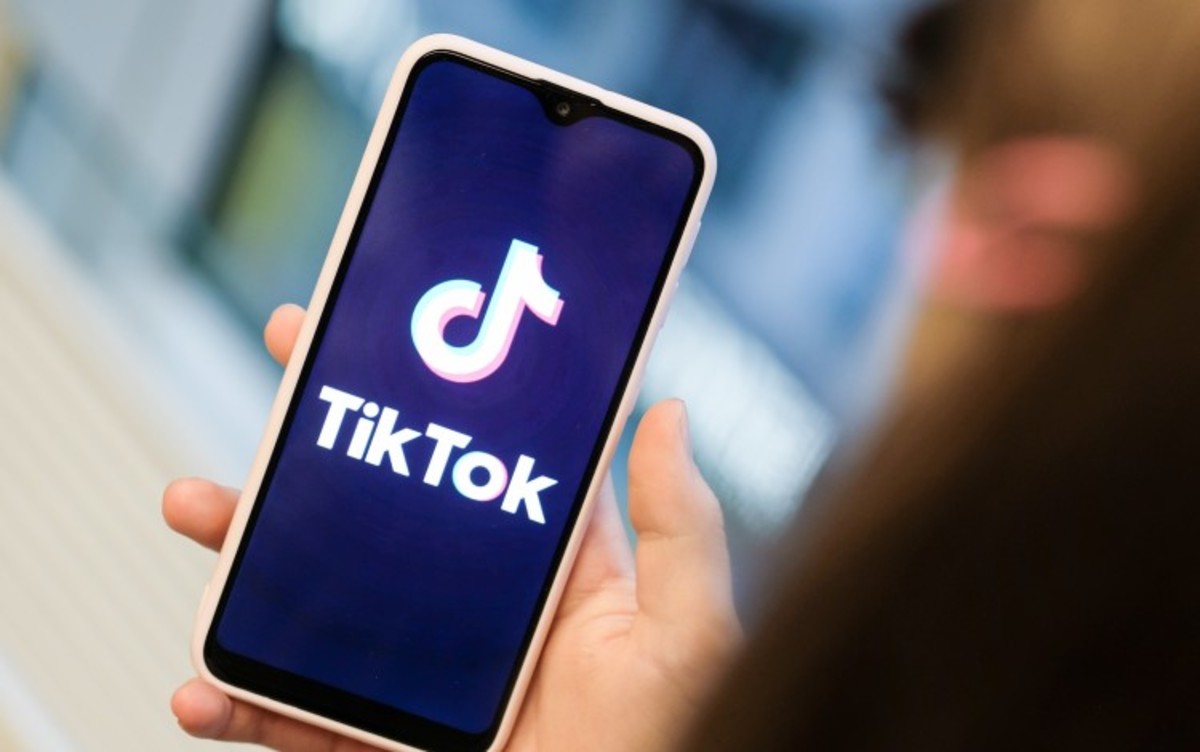
The Supreme Court has officially upheld the law requiring China's ByteDance to divest its ownership of TikTok or face a ban in the U.S. Nick Wolny, finance columnist at Out Magazine, joined TheStreet to discuss what this ban could mean for the millions of creators who depend on the social media app.
Related: ByteDance's 'secret recipe' could seal TikTok's fate in the U.S.
Full Video Transcript Below:
CONWAY GITTENS: Tell me what would a TikTok ban mean for small businesses and creators who depend on the app?
NICK WOLNY: One challenge is that many influencers and many creators on TikTok haven't necessarily been using other apps. They haven't been building an audience or building an email list or a customer list or anything like that. Their presence has been very much built on TikTok. Their connections are on TikTok. And so that sort of lack of portability of that audience is going to cause many of them to take a hit. TikTok also has a really unique algorithm. It's an algorithm that's not necessarily built on a social graph. The way that Facebook and Instagram and other platforms are with those other platforms, what you are shown is often really connected to the accounts that you already follow. Your friends, your family.
Watch More Interviews:
- Ray J's blunt advice for aspiring entrepreneurs
- Dave Ramsey reveals why Americans keep spending despite economic gloom
- Remote work is stable and here to stay says ZipRecruiter economist
- Liz Ann Sonders: How to invest in AI hype without stock picking
And TikTok's algorithm is not necessarily built that way. It's built to be much more of a behavioral algorithm. What you are looking at and what you are watching right now is going to very much dictate what you get served next. It's very sensitive. It's why people like it. It's why TikTok has been so popular. It has all of these other social media platforms back on their heels, quickly moving into vertical video, quickly moving into adjustments to their algorithm. And so ultimately, for many creators who have taken the time to develop vertical video, specifically short form vertical video and move things in that direction, they may not be able to attract that same audience as easily when they move over to those other algorithms, to those other platforms. Just the way that they get eyeballs on what they're doing is ultimately going to fundamentally change.







